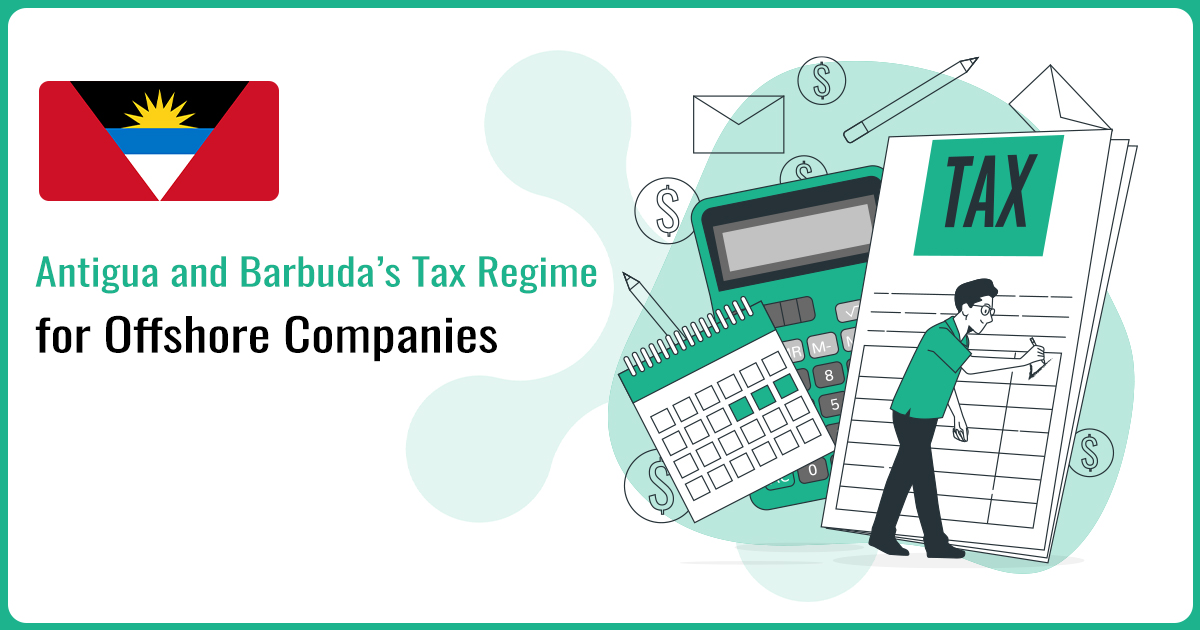Anguilla’s Tax Regime, a British Overseas Territory in the Caribbean, has become a preferred jurisdiction for offshore company formation due to its favorable tax regime. The laws governing this regime make Anguilla an attractive option for businesses seeking tax efficiency and privacy. This article provides an overview of Anguilla’s tax regime for offshore companies, focusing on the specific laws that apply.
Anguilla’s Tax Regime No Corporate Income Tax: International Business Companies (IBC) Act, 2000
Under the International Business Companies (IBC) Act, 2000, offshore companies registered in Anguilla as International Business Companies (IBCs) are exempt from paying corporate income tax. This law is designed to encourage foreign investment and allows companies to retain 100% of their profits without the need to pay any corporate taxes to the Anguillian government. This exemption applies as long as the company conducts its business activities outside of Anguilla.
No Withholding Tax: Income Tax Act, 1945 (as amended)
The Income Tax Act, 1945, as amended, governs the tax liabilities in Anguilla. However, under this act, offshore companies are exempt from withholding taxes on dividends, interest, royalties, and other forms of income paid to non-residents. This means that shareholders and creditors can receive payments from the company without facing any deductions for taxes by the Anguillian authorities. The exemption is crucial for companies looking to distribute profits or pay interests on loans internationally.
No Capital Gains Tax: IBC Act and Income Tax Act
Anguilla’s tax regime also benefits from the absence of capital gains tax. The IBC Act and the Income Tax Act collectively ensure that offshore companies do not pay taxes on gains from the sale of assets, whether these are tangible or intangible assets. This makes Anguilla a favorable location for holding and trading assets, as companies can realize profits without tax implications.
No Estate or Inheritance Taxes: Stamp Act, 1976 (as amended)
Offshore companies in Anguilla are also exempt from estate, inheritance, and gift taxes under the Stamp Act, 1976, as amended. This provides an additional layer of financial planning flexibility for company owners, allowing them to transfer ownership of the company or its assets without incurring tax liabilities upon their death or the distribution of gifts.
Confidentiality and Privacy: Confidential Relationships Act, 1981
The Confidential Relationships Act, 1981, ensures that information regarding the ownership and operations of offshore companies in Anguilla is kept private. This law mandates that all information pertaining to the company’s affairs is confidential and cannot be disclosed without the consent of the company, except under specific circumstances outlined by the law. This level of privacy is one of the key reasons why many businesses choose Anguilla for offshore company formation.
Conclusion
Anguilla’s tax regime, supported by a robust legal framework, makes it a highly attractive jurisdiction for offshore companies. The International Business Companies (IBC) Act, 2000, along with other relevant laws, ensures that companies benefit from no corporate income tax, no withholding tax, no capital gains tax, and no estate or inheritance taxes. Combined with strong confidentiality laws, Anguilla offers a favorable environment for businesses looking to optimize their tax liabilities and maintain privacy.













